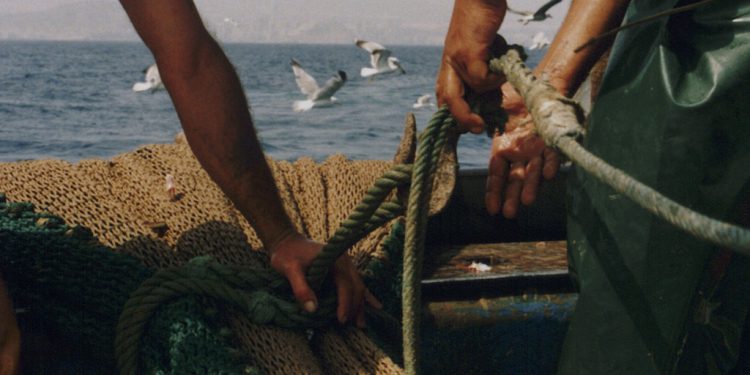Despite positive news that came out of the recent Council of Ministers for fishermen operating from Spain’s Atlantic coast, hard times are still here for Mediterranean fishermen, according to industry organisation Cepesca.
Cepesca general secretary Javier Garat described the outcomes as being ‘unequal results, depending on the different fisheries and fleets.’
Fishermen in the northwest Cantabrian Sea and the Gulf of Cadíz can look forward to increased quotas in 2023 for hake, megrim, monkfish, mackerel and whiting – but Cepesca has reserved strong criticism for what it describes as the ‘inflexibility’ of Commissioner Sinkevicius in sticking with a 7% cut in fishing days for the Mediterranean fleet. The initial proposal had been for a 7.50% reduction, and this outcome is virtually the same, with many vessels now down to fewer than 150 fishing days for the coming year.
According to Javier Garat, this is a fleet sector that has already made some serious sacrifices, having reduced fishing effort by 30% since the Multiannual plan came into force in 2020.
‘Mediterranean fishermen, who are already on the edge and have made great efforts over the last three years to improve the state of fish stocks, have seen how Commissioner Sinkevicius has once again shown himself insensitive, as he has failed to recognise sacrifices, tightening the screw to endanger the viability of many fishing companies in these five Mediterranean regions, without waiting to see the positive results of the measures that have already been applied,’ Javier Garat said.
Cepesca has already informed the government that reaching MSY by 2025 for all species in a multi-species fishery such as that of the Mediterranean is not feasible, and that this objective should be put back to 2030 – not least as the impacts of the measures already adopted have not been seriously evaluated.
According to Cepesca, while it appreciates the efforts of Minister Planas and his team during the negotiations, it is regrettable that this was not enough to protect Spanish fishing in the Mediterranean basin against the Commissioner’s ‘inflexibility’.

On the positive side, Cepesca has welcomed the increase in the quota for southern hake caught by fishing vessels from Galicia, Asturias, Cantabria, the Basque Country and Andalusia, with a 9953 tonne quota, roughly double the fleet’s 2022 fishing opportunities, while mackerel in the Bay of Biscay is up 20% on last year, plus there are increases for monkfish, megrim, blue whiting and whiting.
Svalbard impasse
Concerning the impasse between Norway and the European Union, Cepesca emphasis the standpoint taken by Spain, France, Germany, Poland and Portugal on Norway’s failure to comply with agreements reached in April last year by neglecting to set a Svalbard cod quota in line with the EU fleet’s historical rights.
Cepesca is urging Norway and the European Commission to resume consultation to establish the overall EU quota for 2023 before March 2023, and to make available to the EU fleet the 5143 tonnes of cod that Norway prevented from being caught in its EEZ in 2021.









